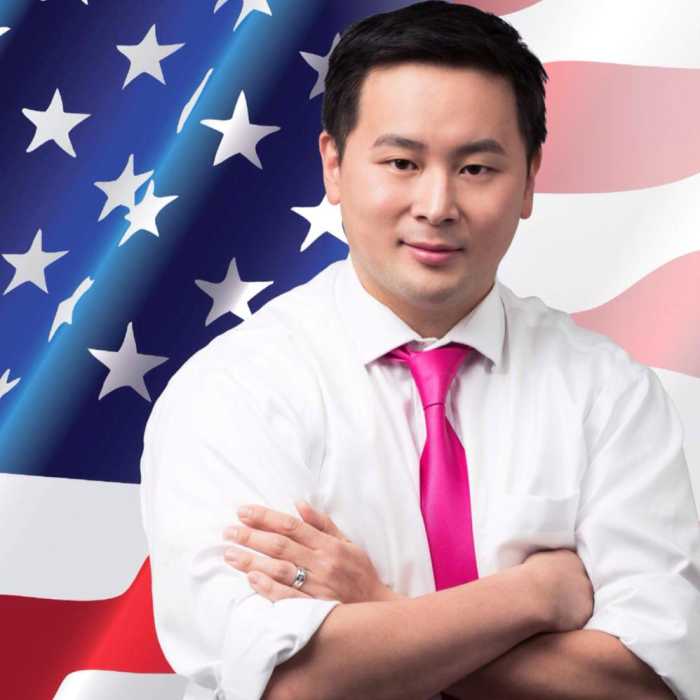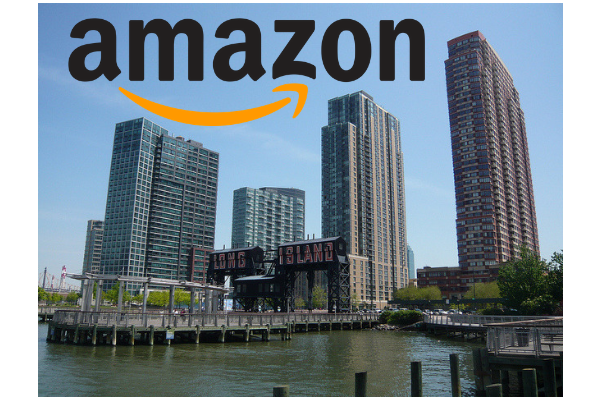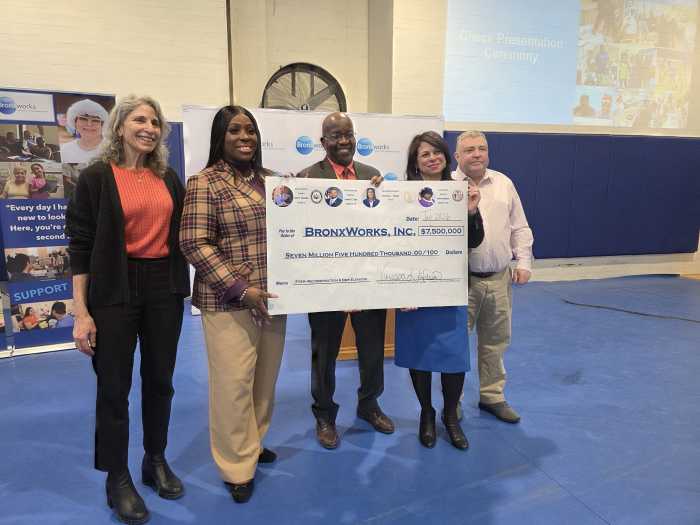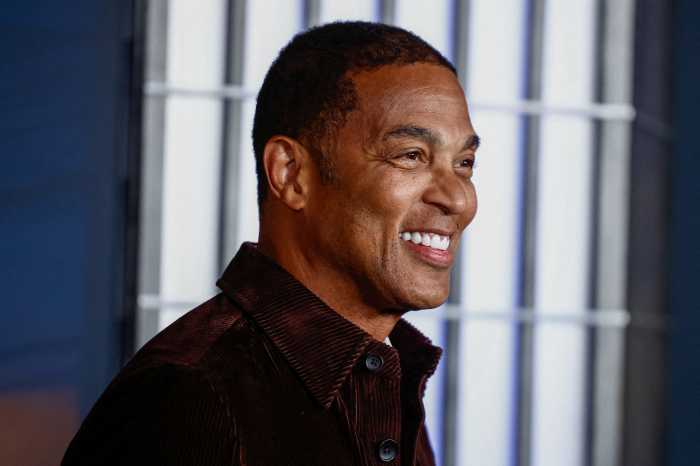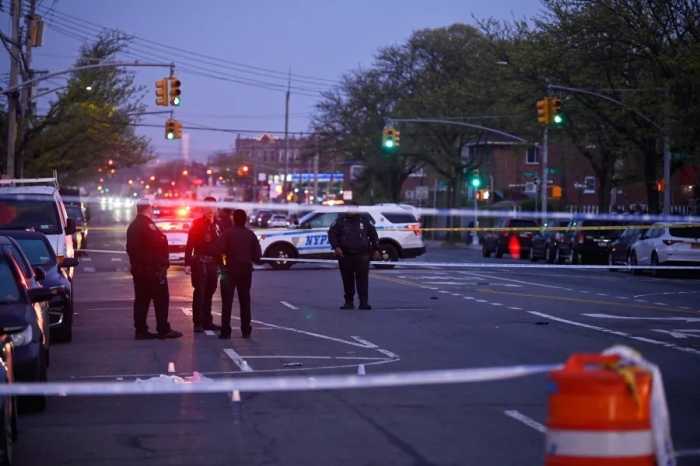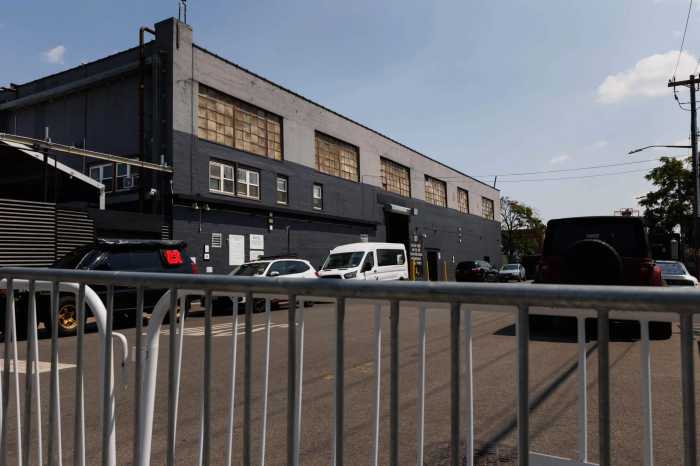Mayor de Blasio: Closing All Restaurants, Nightclubs, Theaters and Concerts

Mayor Bill de Blasio last night announced that he will sign an Executive Order limiting restaurants, bars and cafes to food take-out and delivery and shutting Nightclubs, movie theaters, small theater houses, and concert venues.
The order will go into effect Tuesday, March 17 at 9:00 AM.
“Our lives are all changing in ways that were unimaginable just a week ago. We are taking a series of actions that we never would have taken otherwise in an effort to save the lives of loved ones and our neighbors. Now it is time to take yet another drastic step. The virus can spread rapidly through the close interactions New Yorkers have in restaurants, bars and places where we sit close together. We have to break that cycle,” said de Blasio.
“This is not a decision I make lightly. These places are part of the heart and soul of our city. They are part of what it means to be a New Yorker. But our city is facing an unprecedented threat, and we must respond with a wartime mentality.
“We will come through this, but until we do, we must make whatever sacrifices necessary to help our fellow New Yorkers,” said the mayor.
Cuomo Calls on Trump to Take More Fed Action Against Coronavirus

Governor Andrew M. Cuomo yesterday called on President Trump to take comprehensive federal action to combat the novel coronavirus, or COVID-19, including developing an aggressive national strategy for testing, school closures and hospital surge capacity.
In an open letter to Trump, the governor urged Trump to deploy the U.S. Army Corps of Engineers to leverage its expertise, equipment and people power to retrofit and equip existing facilities – such as military bases or college dormitories – to serve as temporary medical centers.
Cuomo also called on Trump, through the Food and Drug Administration (FDAQ) and Centers for Disease Control and Prevention (CDC), to authorize states to certify a wider array of testing labs and methods in an effort to maximize testing capacity to identify and isolate positive cases faster. The governor also called for a uniform federal standard for when cities and states should shut down commerce and schools, or cancel events.
The governor also made several orders to local counties, the state court system, the Department of Motor Vehicles (DMV) and other agencies to take specific actions to combat coronavirus.
“Our goal is to slow the spread of the virus to a rate that the healthcare system can manage, and we’re doing that through aggressive testing and strong social distancing protocols. But the anticipated wave of new cases threatens to crash our healthcare system, and we need national action from the federal government to address the quickly-evolving situation now,” Cuomo said.
“In short, the Trump administration needs to localize testing, federalize shutdowns and task the Army Corps of Engineers to expand hospital capacity. While again I want to remind people that the facts do not warrant the level of anxiety that is out there, we will continue working closely with every level of government to mitigate the impact of this virus and protect the public health.”
Meng Urges Trump to Increase Mobile Hotspots During Coronavirus Outbreak
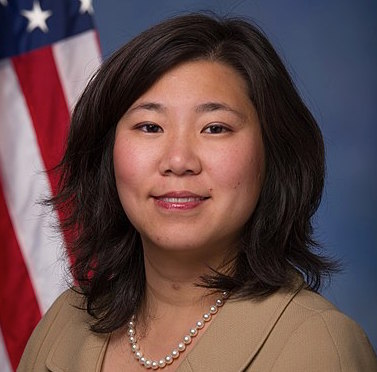
U.S. Rep. Grace Meng (D-Bayside, Flushing, Forest Hills, Fresh Meadows, Glendale, Kew Gardens, Maspeth, Middle Village, Rego Park) and U.S. Senator Cory Booker (D-NJ) on Friday sent a letter to President Trump urging him to increase the availability of mobile hotspots during the coronavirus outbreak to help students complete their schoolwork.
In their correspondence, Meng and Booker called on the president to set aside at least $1 billion in emergency declaration funds so that schools and libraries can purchase the hotspots.
“As the Centers for Disease Control and Prevention (CDC) begins advising schools to plan for possible interruptions, and as many schools shift toward a virtual classroom, we urge you to take action to protect the educational opportunities for the 12 million American students who live in homes without a broadband connection,” the lawmakers wrote in their letter, noting that low-income students, and students of color would be hardest hit.
“Schools in urban and rural areas are racing against the clock to develop and implement plans that allow their students to learn from home because of the novel coronavirus; but for those students who lack broadband access, they will continue to suffer because of the ‘homework gap,’ said Meng.
“This must not be the case, and with President Trump issuing an emergency declaration, he must set aside funds for schools and libraries to purchase mobile hotspots. In the House, I’ve introduced the Closing the Homework Gap Through Mobile Hotspots Act (H.R. 5243), which would create a grant program to help schools and libraries set up their own mobile hotspot lending programs. But the coronavirus demands immediate action, and I’m honored to work with Senator Booker in calling on the president to protect the academic success of our students,” she added.
EDC to Brief Queens Borough Board on Sunnyside Yard Master Plan
Acting Queens Borough President Sharon Lee and the Queens Borough Board today is scheduled to hear the City Economic Development Corporation (EDC) present its recently released Sunnyside Yard Master Plan.
The Plan is a framework for development that calls for the creation of a long-sought transit hub, 12,000 units of affordable housing, 60 acres of new open space, equitable homeownership opportunities, and infrastructure and other public amenities on a publicly-controlled site equal in size to Roosevelt Island.
All Borough Board members are strongly encouraged to participate in the March 2020 meeting either via videoconference or by phone. The meeting will also be live-streamed to the public on Facebook and Twitter via @QueensBP2020.
The actual meeting is slated for 5:30 p.m., today, March 16 at Queens Borough Hall, 120-55 Queens Boulevard in Kew Gardens.
Kim Pushes Inclusive Value Ledger to Help During Coronavirus Crises
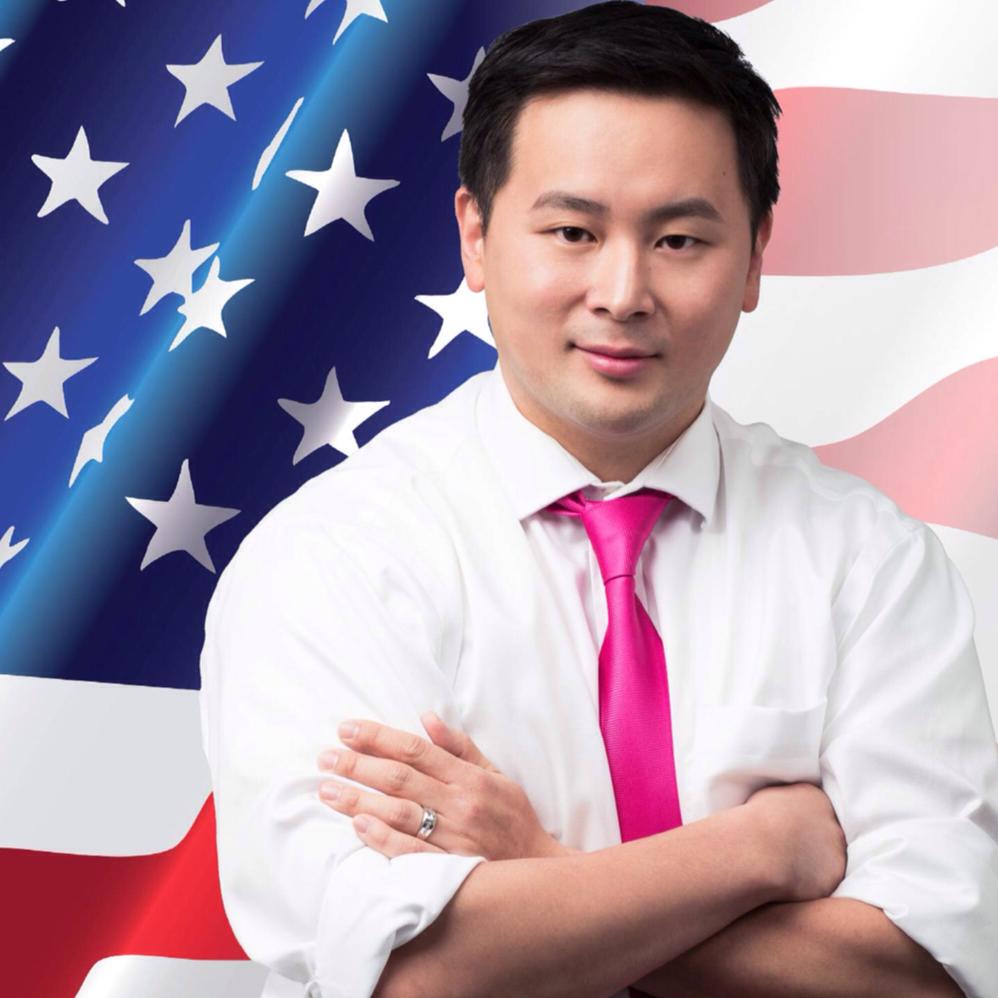
Assemblyman Ron Kim urged the state to consider utilizing the Inclusive Value Ledger as a public payment system based on portable, fluid, and fungible public benefits — a form of public infrastructure designed for economic resilience.
By switching the crediting and benefits for essential public goods, such as food, care work and medical needs, to an accessible and secure public system, the state’s capacity to meet the needs of the people would not be tied to a single overburdened institution, Kim said.
“We can shut down the schools tomorrow if we can safely and seamlessly transfer the value of public school lunches into vouchers for working parents, turning it into something they can use to take care of their children at home,” said Kim. “We could then also use emergency powers to liquidate 35% of the state’s unclaimed benefits, or roughly $5.5 billion, toward spendable local money for working families, which can pay for care work and food. All this could easily be built today on a ‘Public Venmo’ system that would make our benefits portable, fluid, and fungible.”
Gianaris Closes Office As Precaution Against Coronavirus
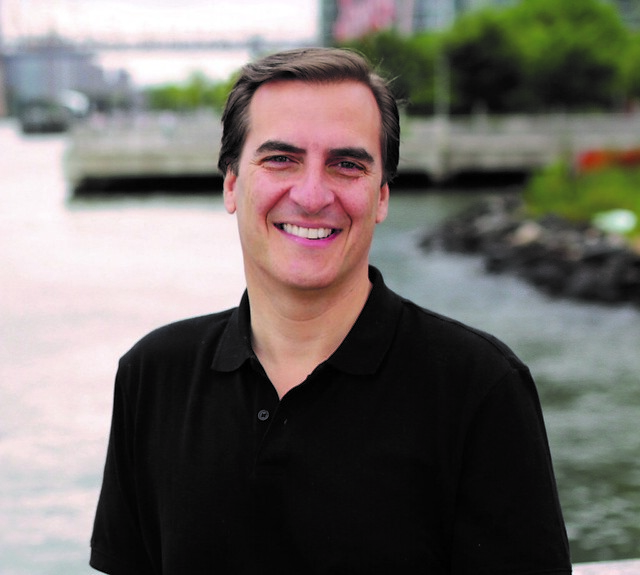
State Senate Deputy Leader Michael Gianaris (D-Astoria, Long Island City, Sunnyside, parts of Woodside, Maspeth, Ridgewood, Woodhaven) announced yesterday his district office will be closed indefinitely as a precaution to prevent the spread of coronavirus.
“While there is no positive indication for COVID-19 in my office or among my staff, we will not be taking any meetings or walk-in appointments at this time in order to prevent further spread of coronavirus. My staff and I will be working remotely via phone and email and will continue to be available to anyone who needs assistance,” said Gianaris.
Residents seeking assistance can contact the office by email at gianaris@nysenate.gov or by phone at (718) 728-0960. Calls will be forwarded to staff for prompt attention. The office will remain closed until further notice.




